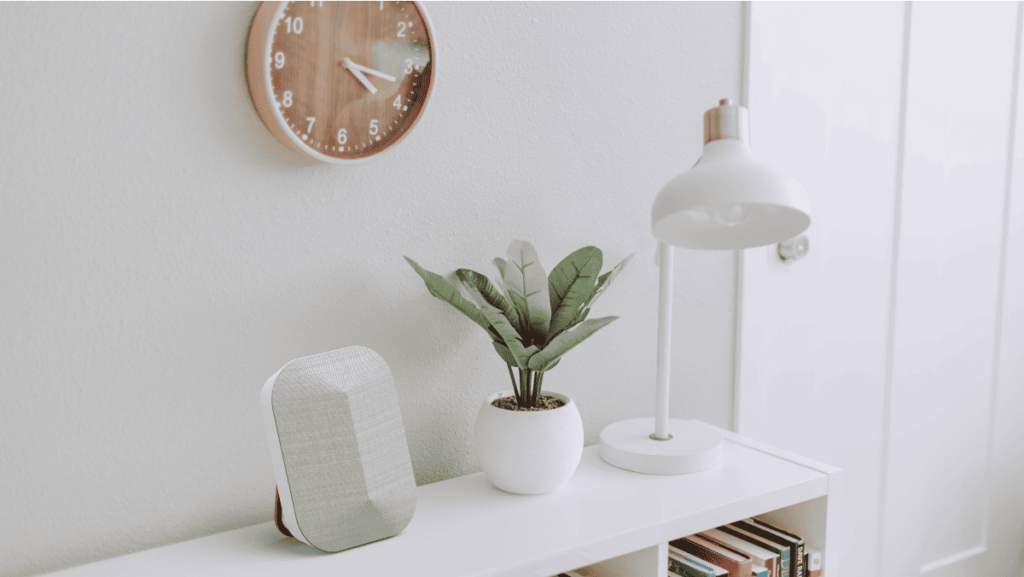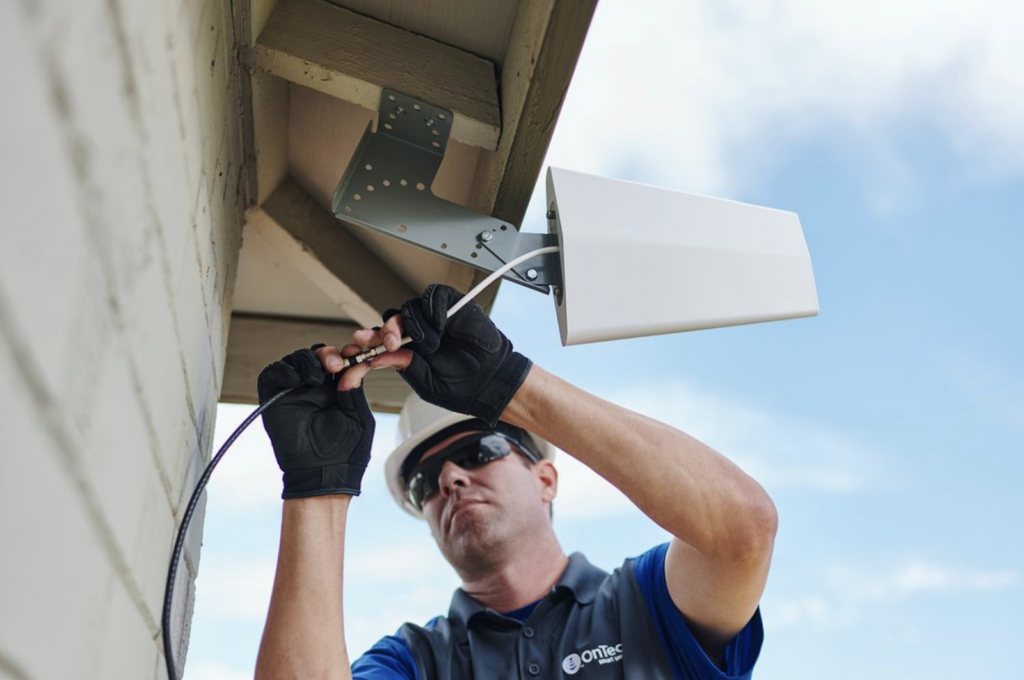Reprinted with permission from the weBoost blog.
Have you ever been waiting for an important phone call only to have it drop due to a weak cell signal? It’s so frustrating. We’ve all been there, desperately searching for that elusive reception bar.
Thankfully, mobile phone boosters are designed to help boost cell signal at home, offering hope in the battle against poor network coverage. But before you jump headfirst into the world of signal boosters, it’s natural to wonder: are these devices safe?
We’re here to uncover the truth about the safety of mobile phone boosters for home.
What is a cell phone signal booster?
Understanding the basics of how a home cell phone booster works will shed light on its safety. Mobile phone boosters, also known as cell phone signal boosters, are designed to strengthen your signal. These innovative devices come to the rescue when weak reception tries to disrupt your connectivity.
Home cell boosters work by capturing and amplifying even weak outdoor signals from nearby cell towers. Once captured by an outdoor antenna, these boosters transform poor signals into more powerful signals, and then rebroadcast them inside your home or other building. With a cell phone booster, you can end dropped calls and keep communicating within the comfort of your home.

weBoost is regulatory and compliance certified
Before we get into safety, let’s talk about regulatory compliance and certification. Regulatory bodies play a crucial role in maintaining safety standards for signal boosters.
Reputable manufacturers like weBoost understand the importance of adhering to these regulations, undergoing rigorous testing to obtain certifications. For example, the Federal Communications Commission (FCC) oversees the certification process. They make sure that approved boosters meet specific power limits and technical standards.
weBoost works closely with the FCC on ensuring these thresholds are met. So when you see that FCC logo on a weBoost booster, you can rest assured that it has passed the most stringent standards. The current FCC regulations mean cell booster manufacturers are held accountable through independent lab testing, eliminating exaggerated marketing claims.
To be sold legally, boosters must be certified by the FCC or IC (in Canada). When you buy from a reputable U.S. company like weBoost, you can rest assured that you’ve chosen an FCC or IC-certified cell phone signal booster.
Electromagnetic radiation and health concerns
We all know that our trusty smartphones emit low levels of electromagnetic radiation during usage. But signal boosters use a minimal amount of power, typically around 10mW (milliwatts).
The good news is that using a cell signal booster for home can actually reduce your overall radiation exposure. But how? By providing a stronger signal, the booster enables your cell phone to operate on less energy while capturing a signal. This means that your cell phone doesn’t have to work as hard, reducing the radiation it emits.
To further minimize your exposure, you should purchase a signal booster that meets your needs without excessive power. For example, if you have a 2,000-square-foot house, buying a booster designed for 5,000 square feet is unnecessary. Buying a booster that matches the size of your space ensures that you’re not increasing signal strength and radiation at an unnecessary level.
Cell phone boosters work by amplifying existing cell signal for use in your home, so your devices can use it without working too hard. So you can live with less frustration while you focus on enjoying uninterrupted conversations, messaging, and streaming.
Are cell phone signal boosters for home safe?
Safety is a top concern. Fortunately, mobile phone boosters are safe when you use them correctly. They are designed to amplify and redistribute existing cellular signals, rather than creating them as an independent source. As they do their job, the electromagnetic field (called radiofrequency or RF) they emit is generally considered to have lower energy levels.
Reputable manufacturers follow the rules set by regulatory bodies to make sure their boosters meet safety standards. So, if you choose a trusted brand like weBoost, you can rest easy knowing your booster is safe to use.
Installation best practices
While we’ve established that mobile phone boosters for home are safe, it’s vital to emphasize the importance of proper installation. After all, even the most brilliant devices must be set up correctly to maximize performance.
Here are some installation best practices to ensure optimal performance and peace of mind:
Choose a reputable manufacturer: weBoost prioritizes regulatory compliance and testing, and strictly adheres to safety standards.
Follow the manufacturer’s instructions: Install the booster and its components according to the guidelines. Place the external and internal antennas at recommended distances to avoid interference.
Grounding matters: Properly ground the booster system as instructed by the manufacturer to mitigate any risk of electrical surges.
For the absolute best results, have your booster installed by a certified professional. weBoost offers professional installation services with Installed | Home Complete. Our nationwide team of trained technicians can ensure a seamless and optimized installation, taking the guesswork out of the process.

Experience the power of reliable communication with weBoost
Yes, using a cell signal booster for home or office is safe. Perhaps best of all, it can dramatically improve your signal strength and the performance of all your cellular devices. Don’t let weak signals hold you back any longer. Shop now and experience the power of reliable and worry-free communication with weBoost.





